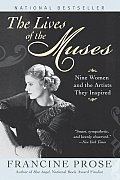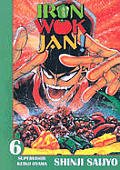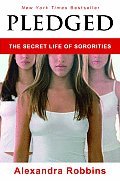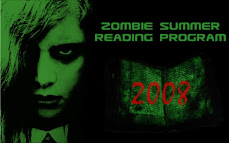 God's Grace by Bernard Malamud
God's Grace by Bernard MalamudThe Goods: The significantly named Calvin Cohn and his chimp, Buz, emerge from their submarine at the bottom of the ocean to find that God has destroyed all of His creation. Or rather, allowed it to destroy itself in a thermonuclear war. God comes to Cohn to deliver a message, which is, "I regret to say it was through a minuscule error that you escaped destruction." Cohn makes a rather convincing case for his survival - he did, after all, study for the rabbinate. But God is not swayed. No Noah this time.
God does, however, agree to give him a little bit of time before killing him. And Cohn decides to use that time to prove to God that humanity deserves to exist.
This is perhaps the least fantastic part of the book. I guess when God decides to destroy the world for its wickedness, all bets are off, because Buz starts talking. Then a bunch of other chimps show up on the desert island, and they can all talk, too. And Cohn decides to teach them the Torah.
The chimps get into it, although they're not always the most obedient pupils. Some of them are decidedly New Testament chimps and find the Hebrew Bible to be a real downer. But still, they manage to form something approaching a moral society. Cohn even writes up a set of commandments for them (although there are only seven, including 'Blessed are those who divide the fruit equally'). However, Cohn's society is tenuous and when it breaks down, it breaks down horribly.
Thoughts: This was Malamud's last novel, and it is nothing like anything else he ever wrote. It is gruesome and cruel. It is not a nice book at all. However, it is magnetic and engrossing and it is very very good. And really, sometimes you look at the world and think, "God is love. God is good." And other times, you hear about something that just makes you go, "If God exists, He's just messing with us."
This book is that side of the story.
If you liked...: Lord of the Flies, Robinson Crusoe, Y: The Last Man, or the infamous issue #31 of Powers by Brian Michael Bendis, this book is for you.







